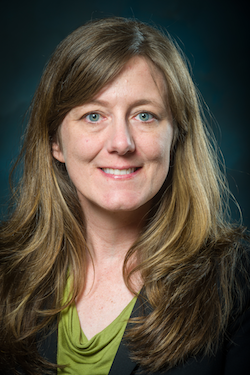Overview of Internship Program

Mary Currin-Percival
Associate Professor
Internship Director
Internships
Undergraduates
The Political Science Department has, for decades, educated the political leadership and public sector infrastructure of Silicon Valley. Along the way, the Department's internship program has played an instrumental role in the process. Since the program was established by Professor Terry Christensen in 1970, over 1,800 students participating in the program have gained invaluable professional experiences, networking opportunities, and insights into the practical side of politics and government.
The internship program allows students to gain-first hand experience with elected officials, political campaigns, government agencies, and a variety of community organizations. Recent internship placements in the Valley have included the district offices of local U.S. Congress members and elected officials in the California State Senate and Assembly. Students are also routinely placed with the San Jose City Council, the Silicon Valley Council of Nonprofits, the Silicon Valley Leadership Group, and the Santa Clara County Public Defender's Office, as well as many others.
Beyond these, the Department places students in prestigious internships outside the immediate area. The CSU Sacramento Semester and the Capitol Fellows Programs both offer students the chance to intern in the state Capitol. Every summer, the Department sends two highly qualified students to intern with members of Congress as part of our Washington DC Summer Internship Program. Political Science students have also been selected for the prestigious Panetta Congressional Fellowship Program. Students attend seminars and receive training at the Panetta Institute in Monterey before spending the fall semester interning for a member of Congress in Washington DC.
Students enrolled in the Political Science 181 "Internships" course complete 135 hours at their internship placements, meet regularly with the director, and engage other students enrolled in the seminar-style class. As participant observers in their internship, students write a final paper that connects what they've witnessed and experienced to broader theories of politics and policymaking.